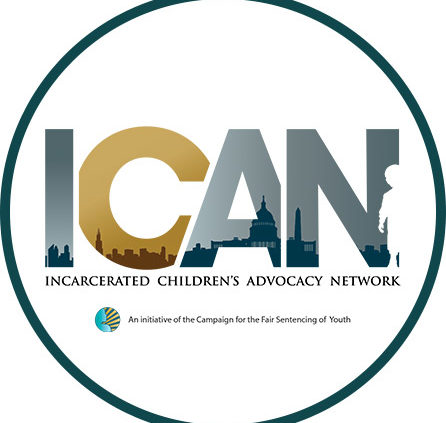Aqeela Sherrills
It has been more than a dozen years since Aqeela Sherrills’ teenage son, Terrell, was killed by another teenager at a party in an upscale Los Angeles neighborhood. April 28, 2015 marked the twenty-third anniversary of a historical peace treaty that Aqeela brokered between two rival Los Angeles street gangs. These two anniversaries represent sorrow and hope; they have shaped Aqeela’s views against life imprisonment for children – even for the teenager who murdered his son.
Home for winter break from studying theater arts at Humboldt State University, Terrell was killed by a 17-year-old at a party. Police never identified Terrell’s killer, but he was quickly identified by people known to Aqeela and his family and friends. Many people were shocked when Aqeela, while addressing the nation on the “America’s Most Wanted” television show, he said he did not want the boy responsible for Terrell’s death to spend the rest of his life in prison. Rather, Aqeela wanted to meet the boy, and he wanted to be sure the youth received appropriate care while carrying out a more appropriate sentence. Aqeela reiterated to the police, to family, and to friends that his primary concern was getting the youth the help that he needed to heal.
Aqeela had been opposed to life without parole for children even before Terrell’s death. A one-time gang member himself, Aqeela negotiated a historic peace treaty between two rival Los Angeles street gangs 25 years ago. He said he understands how and why young gang members turn to violence. Aqeela know personally the impact that sexual, physical and psychological abuse can have on children because he experienced them himself. He has alsoseen that youth can redeem themselves and play critical roles in reforming their communities.
To Aqeela, a life sentence without the possibility of parole for a 17-year-old is unjust. He recognized that his son’s killer, while having committed a heinous crime, is still a person who could someday contribute positively to his community.
“The community cannot afford to lose another child,” he said. “It is imperative that we give people, especially children, a second chance and the opportunity to redeem themselves. Why destroy two lives? There is a smarter way to deliver justice.”



